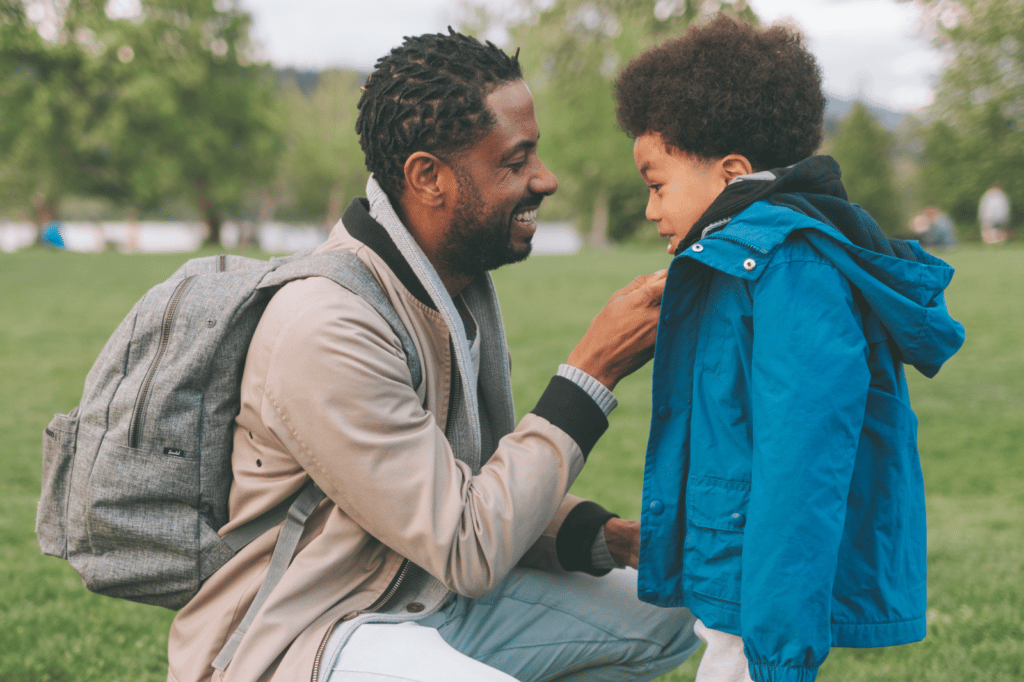To quote a May 2022 LinkedIn news story: “The children’s mental health crisis didn’t start with COVID-19. But the pandemic served as an accelerant, exacerbating and exposing deep fissures…the extended social isolation took its toll on young people. Researchers found that rates of mental health conditions like anxiety and depression actually increased as the pandemic dragged on.” Over the last two years, Clarity Child Guidance Center has experienced this increase in real time locally, with a 159% increase in the use of Psychiatric Emergency Services beds that provide immediate intervention in a crisis; 65% increase in patients admitted to an inpatient unit that have not had previous treatment at Clarity; and 19% increase in the number of patients admitted and placed on suicide risk precautions.
As parents, we have expectations for our children. Some of these are day-to-day expectations regarding their choices and behavior. Some are future-based expectations surrounding our hopes for their adult lives. Managing these expectations is one of the most challenging parts of parenting.
This has only been complicated by the pandemic. Think about a child that was in kindergarten when the pandemic started. We plucked him out of kindergarten and then abruptly plopped him back down in second grade. We then acted surprised that he wasn’t meeting our expectations for a second grader!
Add to that all the social and emotional learning that occurs between the kindergarten and second grade. They learn how to take turns, share, and stand in line, just to name a few. Over the last months, I have seen kids that were referred to us because they weren’t meeting “expectations of behavior.”
The kindergarten to second grade leap can parallel any grade level jump. Middle schoolers are starting the process of distancing from their parents and aligning with their friends, but now they are missing huge chunks of that social network development. Could this be impacting their level of anxiety and dependency on their parents?
Have we appropriately shifted our expectations as parents and educators to meet this new world we live in? Probably not! We should expect that some kids are going to be reluctant to return to school. We spent years telling them it wasn’t safe to be around large groups of friends. It will take them time to readjust to this. Some may flat out refuse to go to school while they work through anxiety related to this change.
We need to expect that some kids are going to have difficulty forming new friendships. Talking to friends over a computer link is very different than sitting in a room with someone. Some kids may not be comfortable with this.
We need to expect that some kids will struggle academically. Not everyone responded well to virtual learning. It may take some kids several months to several years to truly catch up.
Now, about those future expectations. We need to expect that our kid’s definition of success and happiness have been altered by this experience. They have been observing what has been referred to as both the great resignation and the great reshuffle. Some have watched their families realigning and living off one salary. They’ve listened as their parents have negotiated working from home to allow a better long-term, work-life intersection. This may ultimately influence a child’s post-graduation direction.
We also need to look at our expectations as parents. Our kids are watching how we respond to everything. They learn how to be critical of themselves by observing how critical we are of ourselves. Parents need to give themselves credit that they did the best they could under extremely difficult situations. I don’t think anyone mastered how to teach kids remotely while simultaneously working full-time.
Managing our own expectations is the first step to re-evaluating the expectations we have for our kids. We need to be extraordinarily kind and forgiving as we help them navigate this post (hopefully) pandemic world and help them forge a new path.










